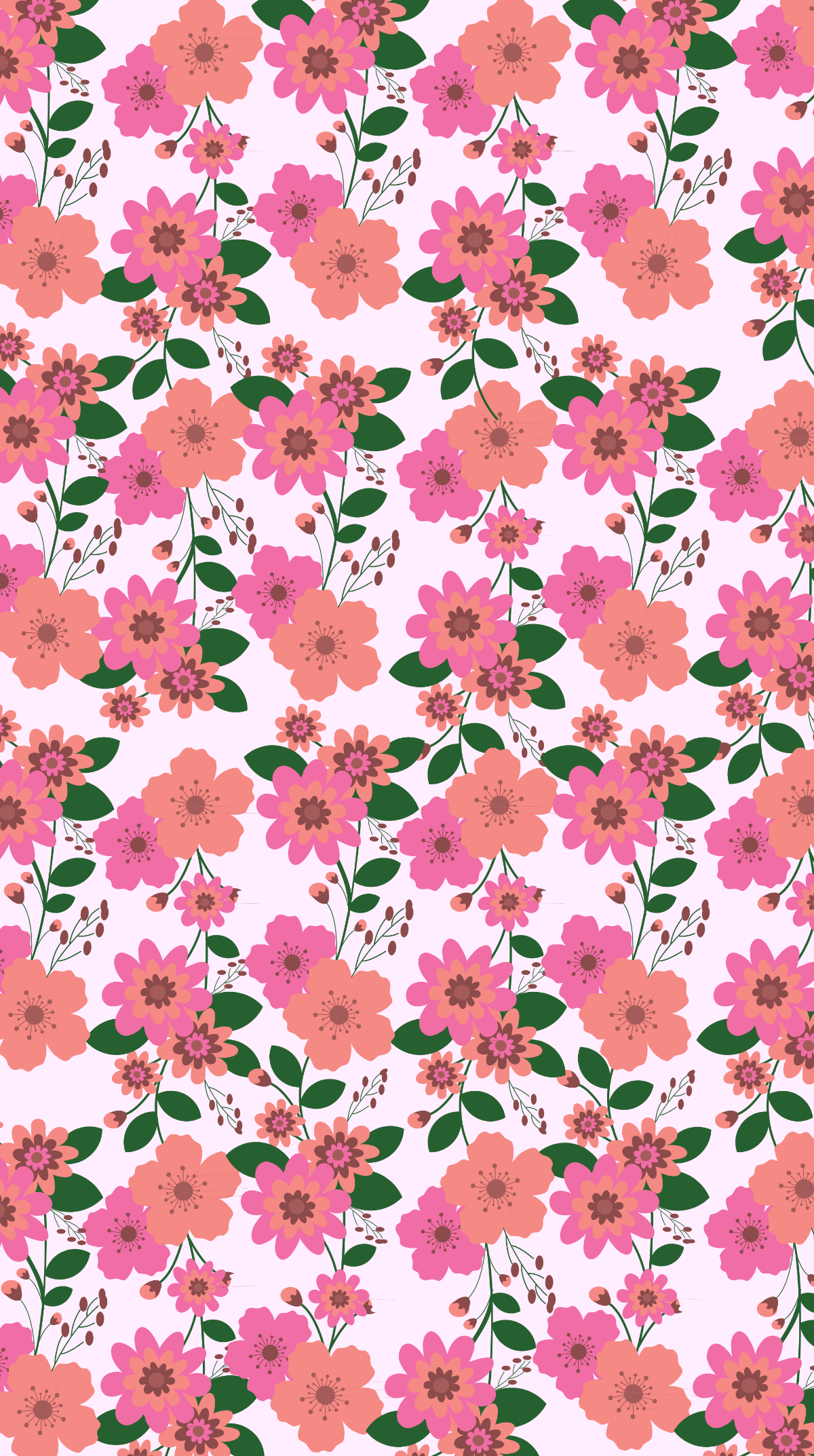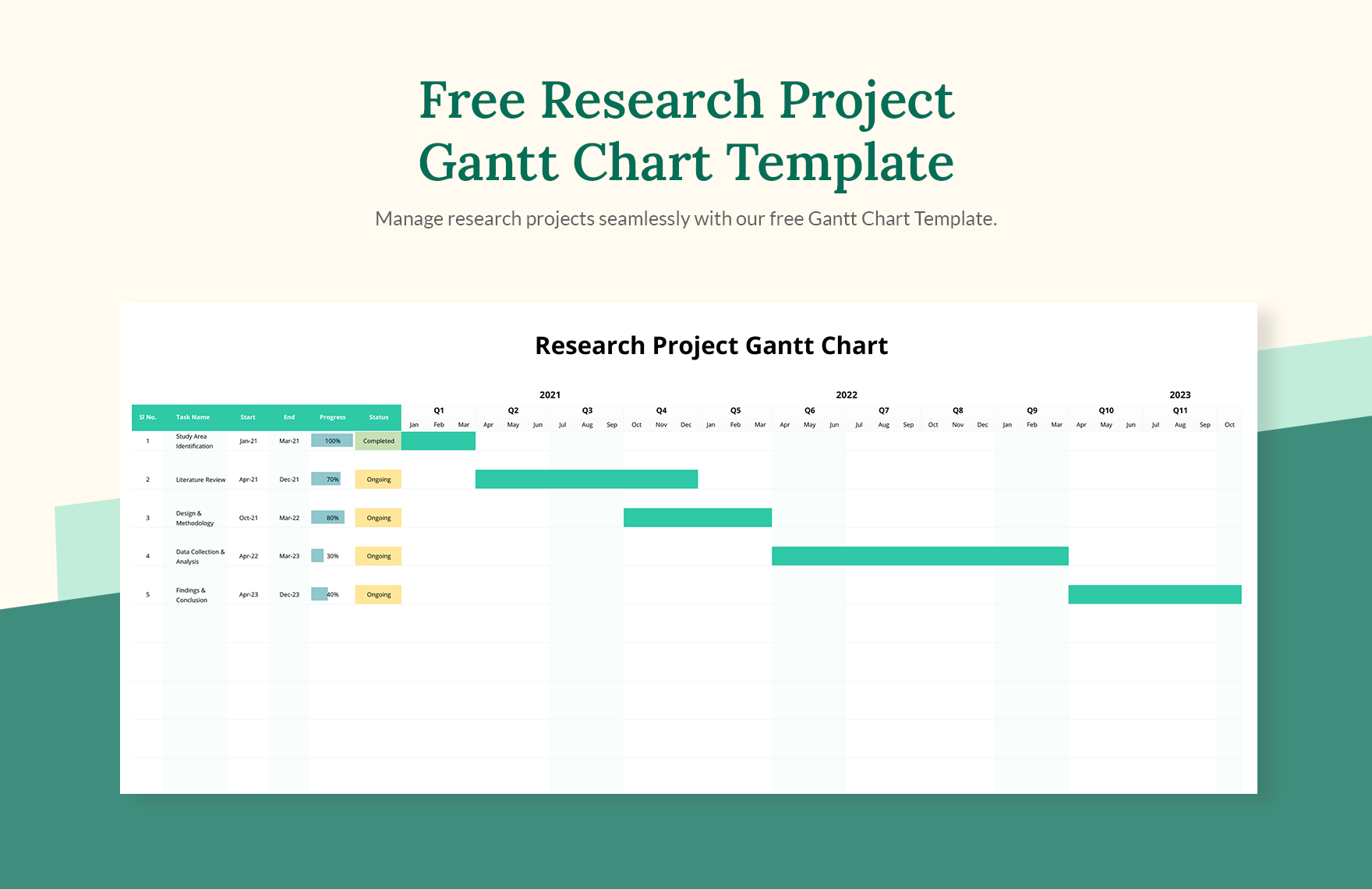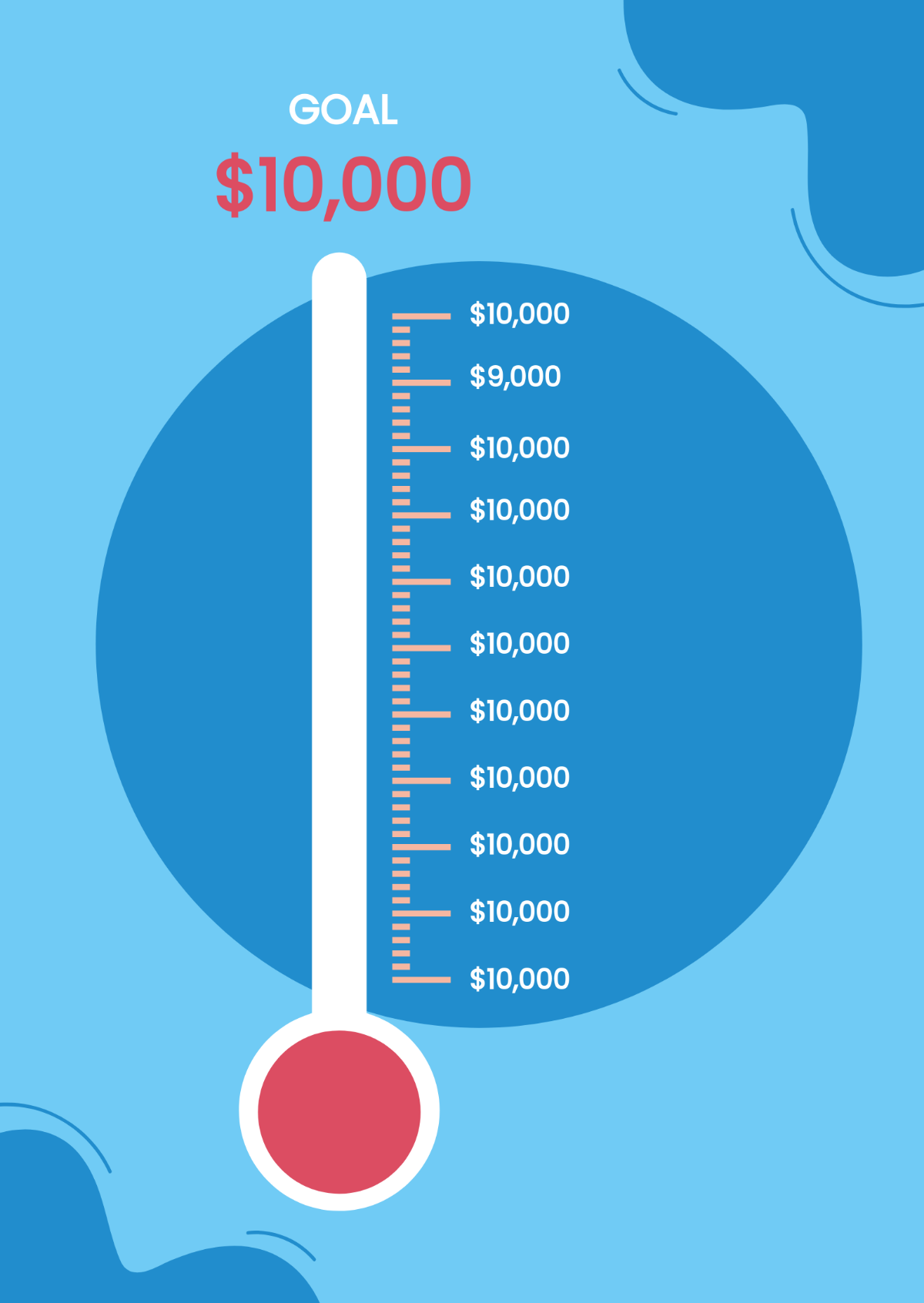Free RemoteIoT Display Chart Template: Your Ultimate Guide To Streamlining Data Visualization
Hey there, tech enthusiasts! If you're diving into the world of IoT (Internet of Things) and need a reliable way to visualize your data, you're in the right place. Free remoteIoT display chart templates are a game-changer for anyone looking to monitor and analyze their IoT data without breaking the bank. Whether you're a hobbyist or a professional, this guide will walk you through everything you need to know about these templates and how they can revolutionize your workflow.
In today's fast-paced digital landscape, data visualization is no longer a luxury—it's a necessity. With the rise of remote working and cloud-based solutions, having access to an intuitive and customizable display chart template has become essential. This guide will not only introduce you to the best free remoteIoT display chart templates but also teach you how to leverage them effectively.
So, why should you care about free remoteIoT display chart templates? Well, they offer a cost-effective solution for businesses and individuals who want to streamline their IoT projects. Whether you're monitoring environmental sensors, tracking industrial machinery, or managing smart home devices, these templates can help you make sense of complex data in real time. Let's dive in!
Read also:Kourtney Kardashian Wreck The Untold Story You Didnrsquot Know
Here's a quick overview of what we'll cover:
- What are free remoteIoT display chart templates?
- Why are they important for IoT projects?
- How to choose the right template for your needs.
- Top 10 free remoteIoT display chart templates to try.
- Customization tips to make the most out of your templates.
- Common challenges and how to overcome them.
Understanding Free RemoteIoT Display Chart Templates
Let's kick things off by breaking down what free remoteIoT display chart templates actually are. In simple terms, these templates are pre-designed layouts that allow you to visualize IoT data in a user-friendly format. They typically come with features like real-time updates, customizable dashboards, and support for various data sources. The best part? You don't have to spend a dime to get started.
RemoteIoT display chart templates are especially useful for projects where data is collected from multiple sensors or devices. Imagine being able to monitor temperature, humidity, and energy consumption all from one dashboard. Sounds pretty awesome, right? These templates make it possible by providing a structured way to organize and present your data.
Why Free Templates Matter for IoT Projects
Now, you might be wondering why you should bother with free templates when there are paid options available. Here's the deal: free templates are a fantastic way to test out new ideas without committing to a big investment. They're perfect for small-scale projects, proof-of-concept tests, or even personal use.
Plus, many free templates come with enough features to handle most IoT use cases. Sure, they might not offer the same level of customization as premium options, but they're more than capable of getting the job done. Think of them as the Swiss Army knife of IoT data visualization—they may not be fancy, but they're incredibly versatile.
Key Features to Look for in a Free RemoteIoT Display Chart Template
Not all free templates are created equal. When you're shopping around for the perfect one, keep an eye out for these key features:
Read also:Revolutionize Your Iot Projects With Raspberry Pi Remoteiot App Download
- Real-Time Updates: Make sure the template supports live data streaming so you can monitor changes as they happen.
- Customizable Charts: Look for templates that let you tweak the design, colors, and layout to match your preferences.
- Compatibility: Ensure the template works with your preferred IoT platform or data source.
- Export Options: It's always handy to have the ability to export your charts as PDFs or images for reports or presentations.
By focusing on these features, you'll be able to find a template that aligns with your project requirements and helps you achieve your goals.
Top 10 Free RemoteIoT Display Chart Templates
Ready to explore some of the best free remoteIoT display chart templates out there? Here's a list of our top picks:
1. Chart.js
Chart.js is a popular open-source library that makes it easy to create interactive and responsive charts. It supports a wide range of chart types, including bar, line, pie, and radar charts. Plus, it's lightweight and works seamlessly with most IoT platforms.
2. D3.js
D3.js is another powerful tool for creating dynamic and visually appealing charts. While it has a steeper learning curve than Chart.js, the results are well worth the effort. D3.js allows for extensive customization, making it ideal for advanced users.
3. Plotly
Plotly offers a user-friendly interface and a variety of chart types to choose from. Its drag-and-drop functionality makes it easy to build complex dashboards without needing to write a single line of code. It's also great for collaborating with team members.
4. FusionCharts
FusionCharts is a versatile library that supports over 100 chart types and 2,000+ maps. It's perfect for projects that require detailed geographic visualization. The free version comes with enough features to get you started, and you can always upgrade later if needed.
5. Highcharts
Highcharts is known for its sleek design and intuitive interface. It offers a wide range of chart types and supports real-time data updates. While the free version has some limitations, it's still a solid choice for many IoT projects.
6. Google Charts
Google Charts is a simple yet effective solution for creating web-based charts. It's easy to use and integrates well with Google's other services, such as Google Sheets. If you're already a fan of Google's ecosystem, this is a great option to consider.
7. ECharts
ECharts is a robust library developed by Baidu that offers stunning visual effects and seamless performance. It's particularly useful for large-scale projects that require high-performance charting.
8. C3.js
C3.js is built on top of D3.js and simplifies the process of creating charts. It's a great choice if you want the power of D3.js without the complexity. C3.js supports a variety of chart types and offers plenty of customization options.
9. ApexCharts
ApexCharts is a modern charting library that focuses on simplicity and performance. It supports animations, tooltips, and real-time updates, making it perfect for IoT applications. Plus, it's completely free to use, even for commercial projects.
10. AmCharts
AmCharts offers a wide range of chart types and customization options. Its free version is more than capable of handling most IoT use cases, and the paid version adds even more advanced features. It's a great option if you're looking for a balance between functionality and affordability.
Customizing Your Free RemoteIoT Display Chart Template
Once you've selected a template, it's time to make it your own. Customization is key to ensuring that your charts meet your specific needs and look the way you want them to. Here are some tips to help you get started:
- Start Simple: Begin with basic customization options like colors and fonts before diving into more advanced settings.
- Test as You Go: Make small changes and test them out to see how they affect the overall look and feel of your chart.
- Use Real Data: Populate your chart with real data from your IoT devices to ensure it works as expected in a live environment.
- Seek Feedback: Share your chart with colleagues or friends and ask for their input. Fresh eyes can often spot issues or suggest improvements you might have missed.
Remember, the goal is to create a chart that not only looks great but also provides meaningful insights into your IoT data.
Common Challenges and How to Overcome Them
While free remoteIoT display chart templates are incredibly useful, they do come with their own set of challenges. Here are some common issues you might encounter and how to tackle them:
1. Limited Features
Free templates often have fewer features than their paid counterparts. To overcome this, focus on what's most important for your project and prioritize those features. You can always upgrade to a premium version later if needed.
2. Compatibility Issues
Not all templates work seamlessly with every IoT platform. Before selecting a template, check its compatibility with your chosen platform and test it thoroughly to ensure everything works as expected.
3. Learning Curve
Some templates, especially those with advanced features, can have a steep learning curve. Take the time to familiarize yourself with the documentation and tutorials provided by the template's creators. Practice makes perfect!
Data Privacy and Security
When working with IoT data, it's crucial to prioritize privacy and security. Free templates may not offer the same level of protection as paid ones, so it's important to take extra precautions. Here are some tips to keep your data safe:
- Encrypt Your Data: Use encryption to protect sensitive information as it's transmitted between devices and the cloud.
- Secure Your Devices: Regularly update your IoT devices with the latest firmware and security patches.
- Limit Access: Restrict access to your charts and dashboards to authorized personnel only.
By following these best practices, you can minimize the risk of data breaches and ensure that your IoT project remains secure.
Conclusion: Take Action Today!
And there you have it—a comprehensive guide to free remoteIoT display chart templates. Whether you're a seasoned pro or just starting out, these templates can help you visualize your IoT data like never before. Remember to choose a template that aligns with your project requirements, customize it to suit your needs, and always prioritize data security.
So, what are you waiting for? Dive into the world of free remoteIoT display chart templates and start transforming your data into actionable insights. Don't forget to leave a comment below and let us know which template you're going to try first. Happy charting!
Article Recommendations


